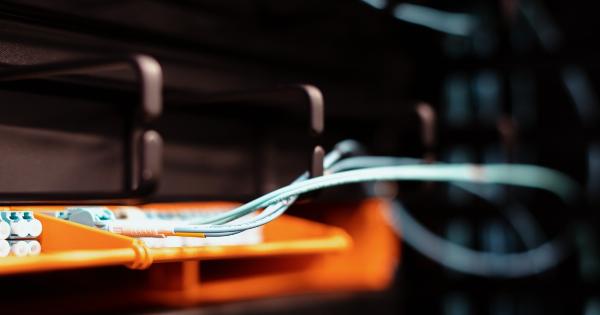According to a new study, a protein named MARCO has been found to play a crucial role in safeguarding the respiratory system.
The protein, which is a member of the class A scavenger receptor family, is expressed on specialized immune cells known as alveolar macrophages that play a crucial role in clearing foreign substances and pathogens from the respiratory system.
The role of alveolar macrophages and MARCO protein
Alveolar macrophages are specialized immune cells that are found in the lining of the lungs. Their primary function is to act as a first line of defense against inhaled foreign particles and microorganisms.
These macrophages internalize these particles and microbes through phagocytosis and then destroy them using various immune mechanisms.
MARCO (macrophage receptor with collagenous structure) is a scavenger receptor protein that is expressed on the surface of alveolar macrophages.
This protein recognizes and binds to a wide range of foreign particles, such as bacteria, fungi, and allergens, effectively marking them for destruction within the macrophages.
The study findings
Recently, researchers from the University of Alabama at Birmingham conducted a study to investigate the role of MARCO in the protection of the respiratory system. The study was published in the journal Cell Reports.
The researchers used a mouse model where they selectively knocked out the expression of MARCO protein in alveolar macrophages.
They then exposed these mice to bacterial and fungal infections and studied the response of the immune system to these infections.
The researchers found that the mice lacking MARCO in their alveolar macrophages had a compromised immune response to both bacterial and fungal infections.
These animals were unable to effectively clear the infections, resulting in more severe disease symptoms.
The researchers also found that the loss of MARCO in alveolar macrophages resulted in increased inflammation in the lungs.
This was due to the inability of the macrophages to clear the foreign particles effectively, resulting in a buildup of inflammatory mediators in the respiratory system.
Implications of the study
The findings of this study have significant implications for the understanding of respiratory infections and diseases. They suggest that MARCO is a crucial protein in the protection of the respiratory system against foreign particles and pathogens.
Further research is needed to investigate the potential of MARCO as a therapeutic target for respiratory diseases such as asthma, chronic obstructive pulmonary disease (COPD), and pneumonia.
The development of drugs that target MARCO could potentially enhance the immune response to infections and reduce the severity of respiratory diseases.
Conclusion
The newly discovered protein MARCO has been found to play a crucial role in safeguarding the respiratory system.
The protein, expressed on specialized immune cells in the lungs, recognizes and binds to foreign particles and microbes, marking them for destruction within the cells. The study findings suggest that MARCO could be a potential target for the development of new treatments for respiratory diseases.






























